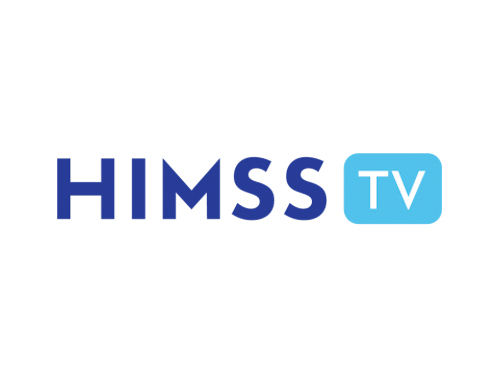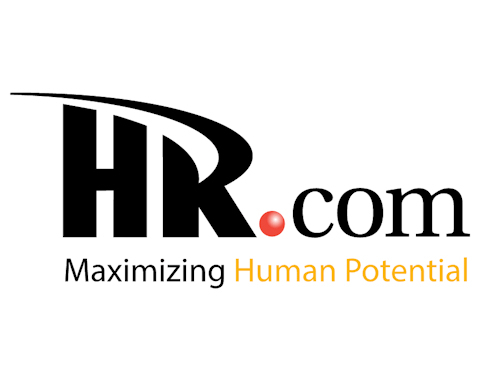The one question that could revolutionize your retention strategy “Are we providing ample opportunities for our employees to voice their thoughts, ideas, and concerns so we ultimately can build better workplaces?”

Employee retention is a hot topic in the current business landscape. From trucking and logistics to healthcare and high tech, evolved employee expectations have redefined industries across the board, forcing companies to rethink their retention strategies. As businesses grapple with rising turnover rates, the quest for effective solutions leads us to an intriguing question: Are employees being given the opportunity to provide meaningful feedback? The answer to this question could hold the key to improving employee retention.
Asking for feedback is not new, but its importance often is overlooked. Traditionally, companies tend to focus more on numerical metrics such as sales, productivity, and customer satisfaction scores. While these figures indeed provide valuable insights, they are only part of the picture.
Employees are at the core of every organization. Their experience, satisfaction, and engagement levels directly influence overall business performance. By giving employees an opportunity to share their thoughts, ideas, and concerns, companies can gain a more nuanced understanding of their organizational dynamics. This is possible with open, honest, and anonymous feedback—an environment where employees feel safe and empowered to express their opinions without fear of repercussion.
How does this relate to employee retention? When employees feel heard, valued, and included, they’re more likely to stay. However, creating a feedback-friendly culture goes beyond just setting up a suggestion box. It’s about the strategic and mindful integration of feedback into your daily operations.
Feedback as a Trust-Building Exercise
Trust forms the bedrock of any strong relationship, and the employer-employee relationship is no exception. The process of actively seeking and listening to feedback sends a potent message to employees: Their voices matter, and their opinions are valued. This interactive dynamic helps establish trust, a cornerstone of any robust retention strategy.
The question arises: How do we build this culture of trust? It begins with frequent and open dialogue. Encourage managers to hold regular check-ins with their teams, and not just for project updates or performance reviews. These interactions should foster open discussions about employees’ experiences, their suggestions for improvement, and any challenges they’re facing.
When employees observe their insights taken seriously, it affirms their value within the organization. This sense of being heard and respected fuels their engagement and fosters a deeper commitment to their roles and the company at large. The power of this feedback loop cannot be overstated. By integrating their suggestions into business decisions, companies send a clear message: Employees are not mere cogs in the wheel but vital contributors to the organization’s success.
Anonymous Feedback: The Key to Authentic Insights
Gathering feedback is a sensitive process. Employees may hesitate to share their true thoughts, fearing negative consequences. Anonymity serves as a solution to this predicament. Companies create an environment where employees can engage by openly expressing their thoughts, concerns, and suggestions by ensuring anonymity.
Anonymous feedback isn’t limited to negative insights or criticisms. It also encourages sharing constructive suggestions, innovative ideas, and observations that might otherwise remain unsaid due to fear or hesitation. By assuring employees that their identities will remain confidential, companies can tap into a wealth of knowledge, ideas, and observations that can lead to substantial improvements. This type of feedback collection provides a more accurate picture of the overall employee experience and uncovers potential blind spots in the company culture, practices, safety concerns, compliance issues, or policies that might impact retention.
Finding the Leak: Feedback and Retention
High employee turnover can feel like a constant battle, akin to trying to fill a leaky bucket. Despite efforts to attract new talent, progress remains elusive if the existing workforce continues to dwindle. Feedback is a diagnostic tool in these situations, helping companies identify the source of their “leaks.”
Comprehensive feedback analysis can reveal patterns, spotlighting issues that may lead to high turnover. These might range from inadequate work conditions or perceived inequities in the workplace to insufficient career development opportunities or disconnected company culture. Once these root causes are identified, targeted measures can be taken to rectify these issues, leading to enhanced employee satisfaction and improved retention rates.
For instance, if feedback reveals that employees feel stagnant in their roles, companies can introduce more robust career development programs or offer cross-departmental training opportunities. If employees express dissatisfaction with work-life balance, flexible work hours or remote working options might be solutions. In short, feedback provides companies with the intel to make informed, strategic decisions to bolster their retention efforts.
Incorporating Feedback into Retention Strategy
Incorporating feedback into your retention strategy is a continuous process. It starts with creating safe spaces for sharing feedback and fostering a culture that values it. It continues by acting on that feedback, demonstrating to employees that their voices lead to change.
Remember, it’s not just about collecting feedback but also about responding to it effectively. This approach requires investing in systems that allow for anonymous, continuous, and relevant feedback collection, followed by thoughtful analysis and responsive actions.
The question every employer should ask themselves is not just about employees’ satisfaction levels or their intent to stay. The pivotal question is, “Are we providing ample opportunities for our employees to voice their thoughts, ideas, and concerns so we ultimately can build better workplaces?” The answer to this question could be a company’s key to boosting retention in the era of evolved employee expectations.
See more at: https://trainingmag.com/feedback-from-front-line-employees-is-key/





